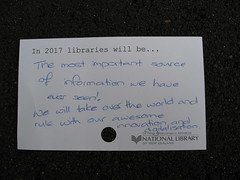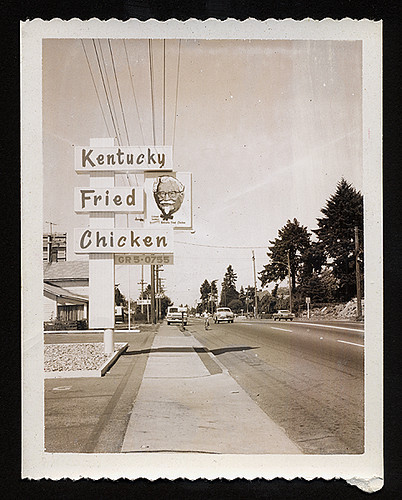Something that's been intriguing me for a while is the encouragement from traditional news outlets, such as the BBC, CNN, ITV, etc for the general public to submit pictures of newsworthy items to them, via mobile phone or email.
News agencies actively solicit user generated content. You can find out how to submit your prize winning photo journalism, or just-happened-to-be-there shots, to the BBC,
here. The short version is, email them to
yourpics@bbc.co.uk, although beware, by submitting them you grant the BBC:
a royalty-free, non-exclusive licence to publish and otherwise use the material in any way that we want.
There are other ways to
make money of Britney Spears shaving her head, should that be your want, if you find the stalking of innocent celebrities acceptable. But lets suppose that you just want to submit them to the BBC for all to see for free.
How popular is this service?
I wondered. So I asked the BBC (well, filed a Freedom of Information enquiry to their
FOI office), and it goes something like this.
They dont keep stats on individual submitters, in case of data protection issues. But in general, on routine days, between 100 and 150 users will email or message in 150 to 250 images from around the globe. On days when something UK-wide happens, such as the snow flurries which covered the country on the 8
th February 2007, thousands of users can contribute: in this case, the BBC received 7316 images in 24 hours.
Other peaks in contributions came with
the summer floods, the
Glasgow Airport terrorist attack, etc. They keep a decent archive of the
yourpics contributions that are used.
(The BBC had previously
reported submission of over 1000 images and 20 videos from the July 7th 2005 bombs in London, and
6500 images of the fire at the Buncefield Oil Depot, in December 2005, which was one of the largest fires in Europe since the Second World War.)
There, dont say I dont tell you anything.


